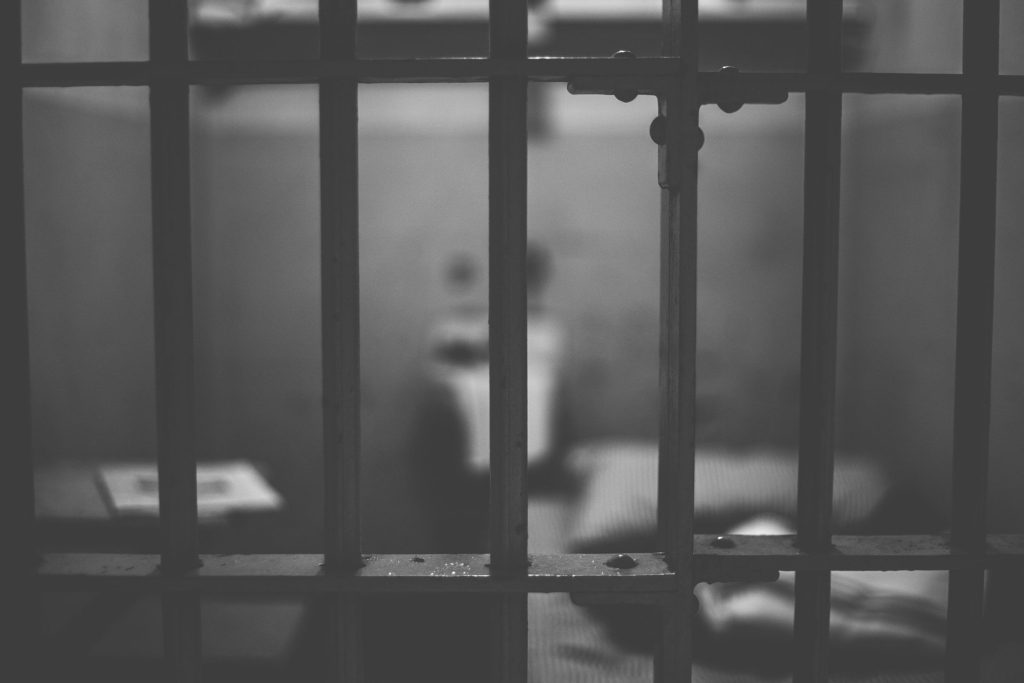
Responding to the guilty verdict handed by the Central Jakarta District Court against six prisoners of conscience (PoC) from Papua on charges of treason, Amnesty International Indonesia’s Executive Director Usman Hamid said:
“The six who were sentenced today did nothing but attend a peaceful protest, enjoying their rights to freedom of expression and assembly. It is appalling that they have been in detention since August 2019 awaiting a verdict on such blatantly abusive charges.”
“Once again, makar charges are being misused by the Indonesian authorities to target individuals who should never have been arrested or detained in the first place. The six are prisoners of conscience. They should be released immediately and their charges should be voided.”
“Freedom of expression and peaceful assembly are rights protected under international law and Indonesia’s constitution. No-one should ever have to suffer this treatment for peacefully attending a protest, and it is high time that Indonesia stopped criminalizing Papuans under makar provisions.”
Background
Today, six prisoners of conscience (Paulus Surya Anta Ginting, Charles Kossay, Ambrosius Mulait, Isay Wenda, Dano (Anes) Tabuni, and Arina Lokbere or Wenebita Gwijangge) from Papua were convicted of makar (“treason”). All but Isay Wenda were sentenced to nine months’ imprisonment. Wenda was sentenced to eight months. The charge carries a maximum sentence of life imprisonment.
They attended a peaceful demonstration in front of the Presidential Palace in Jakarta on 28 August 2019, protesting against racism towards Papuans.
They were arrested at the protest and have remained in detention since. Their time already served in detention will count towards their sentence, with Wenda expected to be released next week and the others next month.
The six are of part of a group of 57 prisoners of conscience from Papua likewise detained for peacefully expressing their views. The last decade has seen an increase in pro-independence political activities in Papua, particularly those led by students and young people. They have routinely organized mass demonstrations in several cities in and outside of Papua to call for self-determination through a referendum. Security forces have often used repressive measures against these activists, such as blanket prohibitions on peaceful protest, mass arrests, and prosecution under makar provisions in the Criminal Code. Pro-independence political activists in Papua have also been victims of unlawful killings by security forces.
Amnesty International takes no position on the political status of any province of Indonesia, including on calls for independence. However, we uphold the right to freedom of expression, which includes the right to peacefully advocate for independence or any other political ideas that do not advocate hatred constituting incitement to discrimination, hostility or violence. The organization acknowledges that there have clearly been incidents of violence committed by non-state actors in Papua recently, and recognizes that the Indonesian government can use the criminal law to address violent attacks. However, the government has consistently prosecuted peaceful activists simply for expressing their views.
